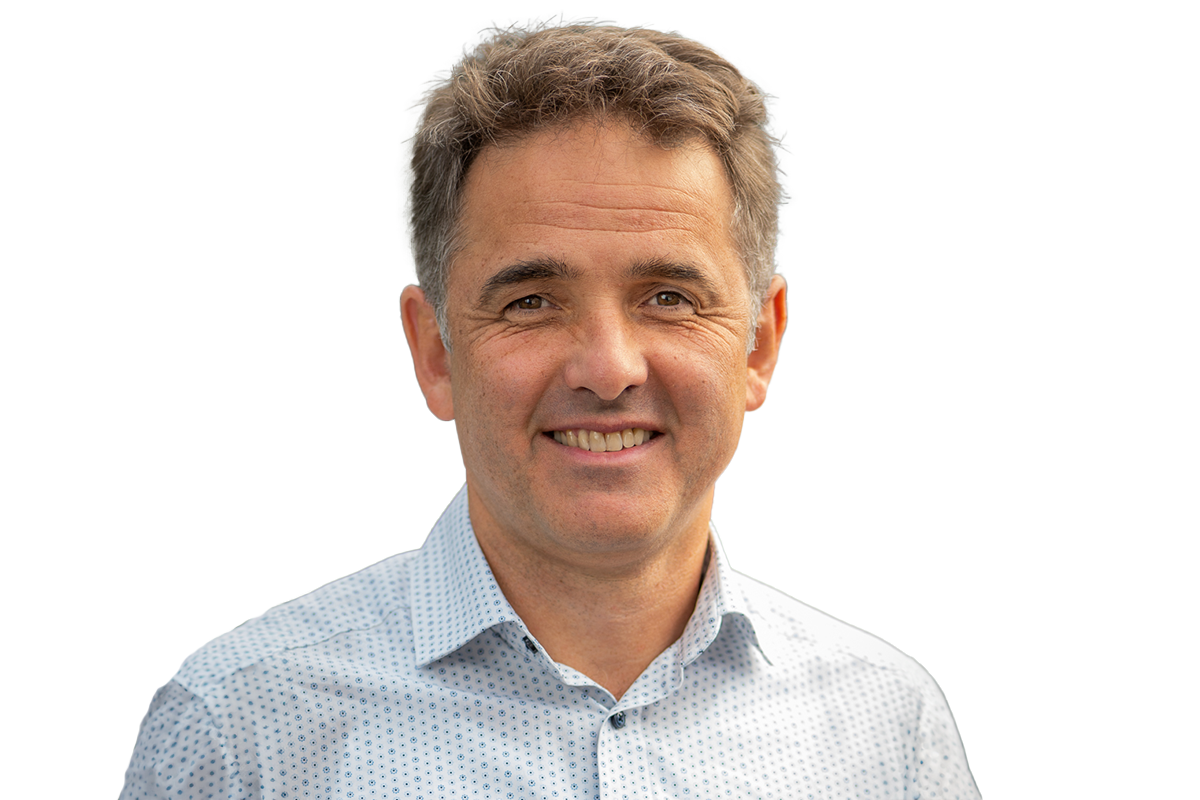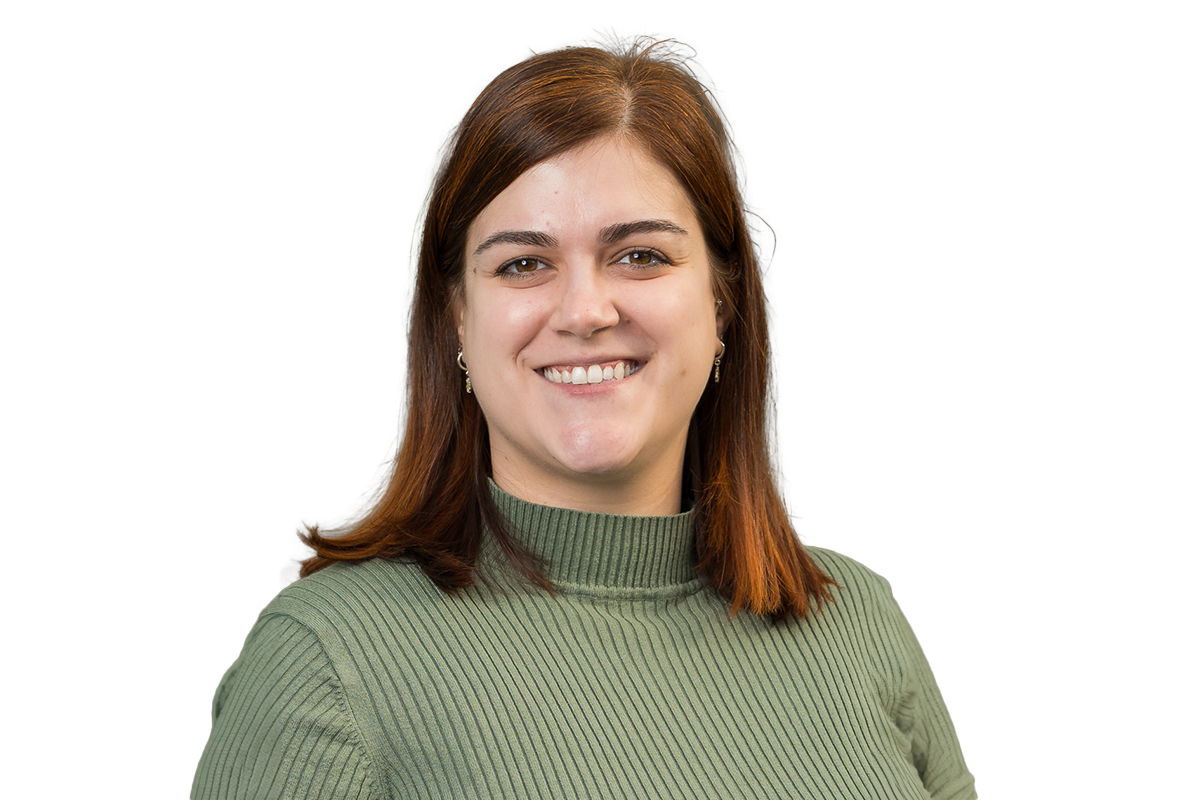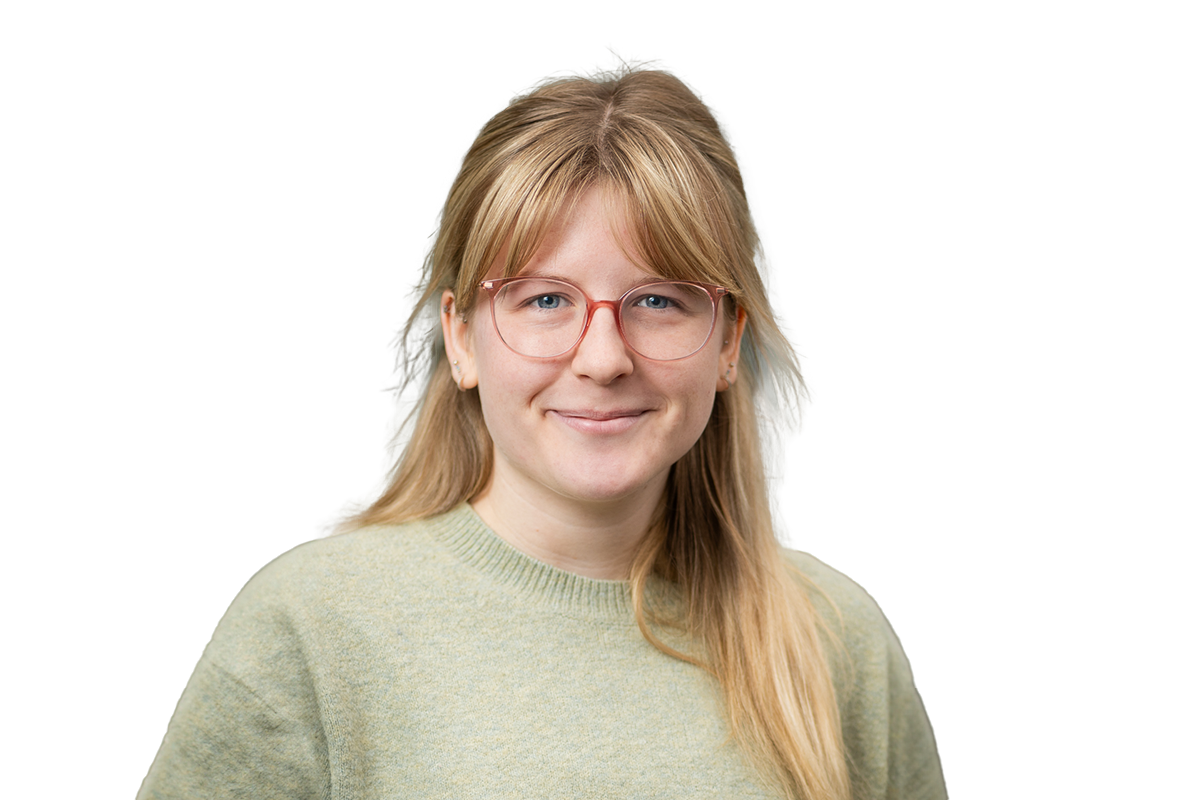Providing food to a growing population often involves the use of chemical pesticides and fertilisers contributing to a huge environmental footprint, pollution, and soil depletion. This creates a demand for more sustainable options to increase crop yields and thus food supply. Modern, sustainable approaches include seed coatings that deliver active ingredients, nutrients, plant protection agents or biostimulants. They improve crop performance by supporting seedling germination, growth, and protection against various biotic and abiotic stresses. Direct application to seeds instead of the soil offers the advantage of immediate contact between the plant and the active ingredient upon germination and can reduce the amount of active ingredient per plant. As a more environmentally friendly and potentially long-term alternative to synthetic fertilisers and pesticides, bacteria can be incorporated. They can promote plant growth via direct mechanisms in phytohormone production, as biofertilisers enabling e.g. nitrogen fixation or indirect mechanisms as biological control agents producing antibiotics or lytic enzymes. However, current challenges include low loading capacity and stabilisation of microorganisms, poor attachment of seed coatings to seed surface, and incorporation of synthetic non-degradable polymers in coatings that can persist as microplastics.
The project “Adaptive Living Seed Coatings”, performed in the groups of Prof. Dr. Andrij Pich and Prof. Dr. Ulrich Schwaneberg focuses on the development of biopolymer-based bulk-hydrogels and microgels combined with adhesion-promoting peptides for an efficient encapsulation of beneficial bacteria, such as Bacillus subtilis. Hydrogels with programmable rehydration and controlled degradation mechanisms will support bacterial viability and proliferation and hence seedling growth in various environmental conditions. Via crosslinks in the hydrogel layer, spore germination, bacterial mobility and viability will be controlled, ensuring long-term adaptability. By advancing biomaterial technology, this project aims to provide a sustainable alternative to traditional seed coatings, contributing to more resilient and eco-friendly agricultural practices and provide insights into relations of hydrogel properties and bacterial growth and survival.

Team
Principle Investigator
Head, Functional and Interactive Polymers
DWI – Leibniz Institute for Interactive Materials, Aachen
Associated PostDoc
Functional and Interactive Polymers
DWI – Leibniz Institute for Interactive Materials, Aachen
PhD Student
Functional and Interactive Polymers
DWI – Leibniz Institute for Interactive Materials, Aachen
PhD Student
Functional and Interactive Polymers
DWI – Leibniz Institute for Interactive Materials, Aachen
Principle Investigator
Head, Molecular Biotechnology & Protein Engineering
DWI – Leibniz Institute for Interactive Materials, Aachen
& Biotechnology
RWTH Aaachen
PostDoc
Biotechnology
RWTH Aaachen




